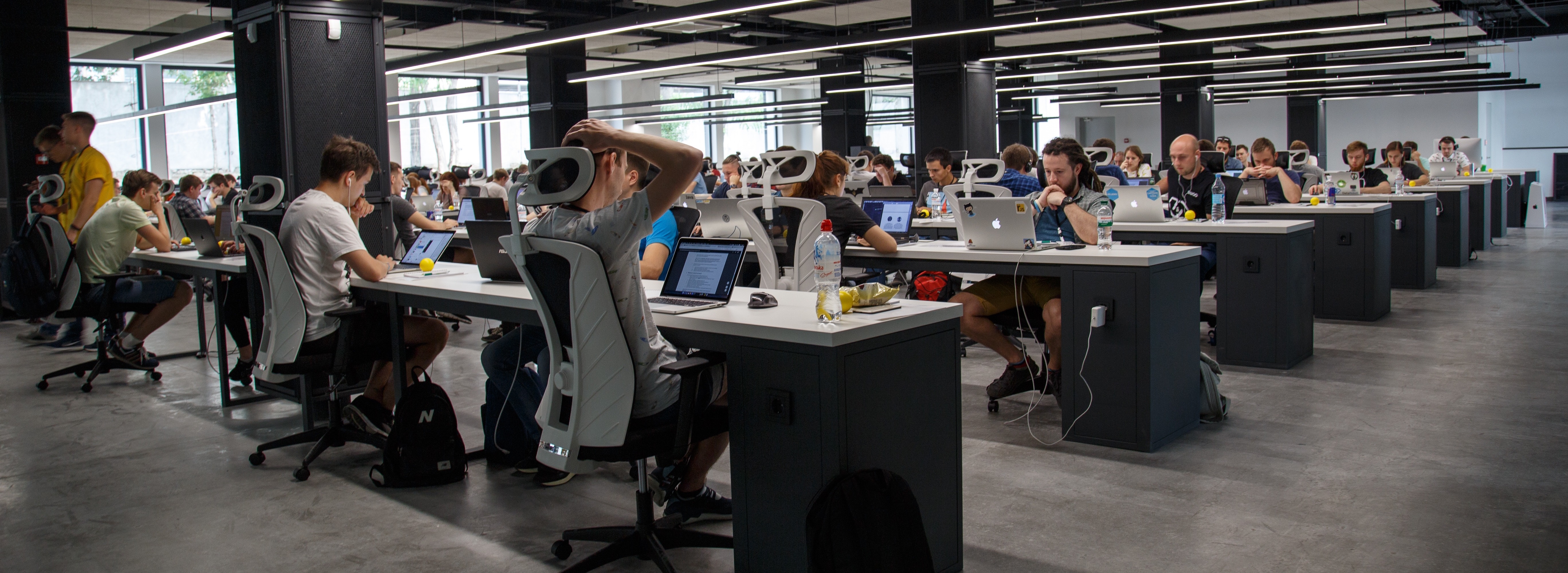One of the reasons companies love using Adaptive Learning for their training needs is because of the extensive and comprehensive data that it generates.
Area9
Recent Posts
As with the previous 3 industrial revolutions, when the 4th industrial revolution arrives it will bring with it rapid technological change. More specifically, the 4th industrial revolution will be the automation revolution, characterized by an increase in robotic and automated technology in all sectors of life. It therefore goes without saying that the implications of these changes will be far reaching and will affect every sphere, including employment.
Topics: Corporate E-Learning
Gamification in Healthcare Training: Can It Be Successful?
Gamification — the use of game-like scenarios for teaching or training purposes — is trending. Supporters cite several advantages to using gamification techniques, including increased learner engagement and enjoyment. For healthcare professionals, among the most time-poor in the world, increased engagement and enjoyment will make training less boring. But does gamification in healthcare training actually work to improve content mastery?
Topics: Healthcare Training
The world is on the brink of a 4th industrial revolution that will build upon the 3rd — the digital revolution — and which will be characterized by rapid technological change and automation. The shift toward automation, already occurring, is projected to have far-reaching consequences for every sphere of life, including, of course, employment.
Topics: Corporate E-Learning
Why Searchable Doesn’t Equate to Meaningful: Gaining Automaticity vs. Accessing User-Generated Content
On the surface it appears to be an easy win: tapping into the knowledge and expertise that exists within a company through user-generated content. Short how-to instructional videos can be cheaply and easily made and uploaded by experts across the company, then be searchable and accessible by every employee.
How to Meet the Needs of Training for Healthcare Professionals
In the universal set “healthcare training,” there are many subsets. Professional healthcare subgroups requiring specialized training include:
Topics: Healthcare Training
It is not a matter of if, but when: technological change and increased automation will disrupt more than 25% of jobs in the future in Canada, for example. Businesses not prepared to adapt will be left behind.
Topics: Corporate E-Learning
How Adaptive Learning Optimizes Healthcare Employee Training
The best healthcare employee training should do more than identify your employees’ strengths and target their weak areas. It should diagnose and treat unconscious incompetence — what healthcare employees don’t know they don’t know.
Topics: Healthcare Training
Train End Users on Pharmaceutical Products for Better Patient Outcomes
How confident are you that your end users are choosing the appropriate treatments for their patients as knowledgeably and as responsibly as they can? If your answer is anywhere along the spectrum of “I’m not sure” to “I’m reasonably confident,” then there’s work to be done.
Topics: Healthcare Training
Simulation training is indispensable in healthcare because it’s a safe space for learning: there are no life-or-death consequences attached to mistakes in the world of simulated medical emergencies. But simulation training by itself isn’t adequate to keep employees up-to-date in their medical knowledge and skills — you need additional learning tools and an effective training program to optimize your training impact and meet the evolving needs of training for healthcare systems today.
Topics: Healthcare Training
Should pharmaceutical companies care about external training, i.e., training physician end users to use their products effectively and safely while optimizing patient care? The answer is obvious: of course they should. Effective external training means better use of your products and more optimal patient care — and better business outcomes for your company.
Topics: Healthcare Training
These Healthcare Companies Are Excelling With Adaptive Learning
Healthcare professionals in the NEJM Group, AACC and Coloplast, among others, turned to Adaptive Learning to optimize their training impact.
Topics: Healthcare Training







